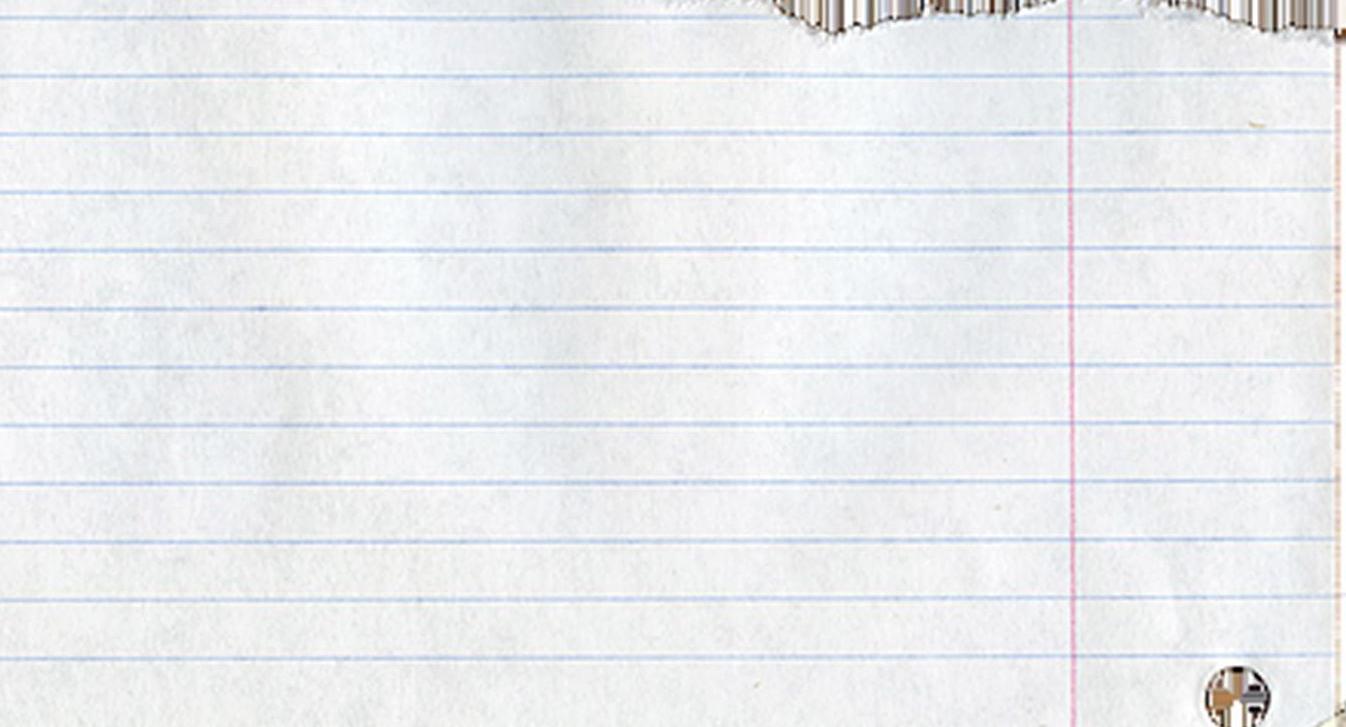
5 minute read
Poetry lets students fly
Poetry lets students

Advertisement


why does it always end up this way By Maddie Ceasar i don’t know what to say to make you want to stay i don’t know how to make you pick up the phone and not speak the words where i end up alone i don’t know who you have become and why our love has turned so numb i don’t know what to do to stop our hearts from breaking in two




Photo by Hanna Kryhina, Art By Claire Tseng


Hanna Kryhina

“Day and night are kept separate, even if fondness makes heartache,” writes Rain He, a Carlmont alum who is currently a second-year student at the University of California, Riverside.
Poetry’s place is not only in literary arts magazines and English classes; it is also a viable creative outlet for students during distance learning and beyond.
Kelly Dunn teaches seventh-grade English at Pacific Collegiate School in Santa Cruz.
“Understanding poetry helps us understand ourselves and the world around us,” Dunn said. “Poetry and other art forms represent who we are as people; they are just as much a part of our culture as any other aspect of communication and community.”
To honor poets and their role in shaping our culture and communities, the Academy of American Poets established National Poetry Month. This year, April marks the 25th anniversary of the annual poetry celebration. The Academy hopes that readers and writers will find comfort, connection, and resilience through the art.
Maddie Ceasar, a sophomore at American University in Washington, D.C., found precisely what National Poetry Month’s founders had hoped for. As she began high school, Ceasar struggled with mental health issues, chronic pain, and bullying as she was coming to terms with her sexuality.
“I found that through writing, I could openly express how I was feeling without the backlash of those around me,” Ceasar said. “Poetry has helped me work through experiences in my life that I have been too scared to confront and talk openly about. I find that writing things down helps me sort out the spiraling that happens in my head.”
Finding similar comfort in poetry, He began writing to organize her thoughts. She explains that at first, her poetry was simple, but it became more sophisticated over time.

By Rain He the sun reahes for the dark side of Uranus sitting at an angle, turned away, cureless but I know my place day and night are kept seperate, even if fondness makes heartache
“I started writing poetry when I needed to. It was mainly a venting mechanism,” He said. “In the beginning, I don’t think you could even call it poetry; it was like a [stream of consciousness.] Eventually, my random thoughts got distilled [...] into an emotion and became poetry.”
Though both poets started writing to express their emotions, Ceasar discovered that poetry was crucial in her life. Not only did it allow her to put into words how she was feeling, but it also helped her build confidence and develop resilience. Eventually, she had proof of her recovery when she published a book of her poems.
“My book, ‘The Stages of Falling,’ was a goal I created for myself. If I was to get through high school, it would be a physical representation that I made it out,” Ceasar said. “I now see my poems as valuable and am no longer afraid to take up space with my story.”
Ceasar noticed the impact of sharing her work and continues to write poetry to help others. For example, Ceasar writes about “invisible” illnesses and LGBTQ+ discrimination. Ceasar’s goal is to help others feel less alone. She describes her writing as “what I needed to hear growing up” and hopes that readers experiencing similar problems to those that she triumphed over will see that “it does get better.”
Some writers have an explicit connection to poetry in their daily lives, like Ceasar, who majors in film and media arts and minors in creative writing. Despite her different focus of study, He, who is majoring in bioengineering, also enjoys writing poetry.
He writes poetry as part of her routine and consistently submits her work to All That’s Lit to Print, a literary arts magazine published by Carlmont seniors Ava Richards and Lauren Chong. Still, she encourages students to look at poetry from a different perspective and stresses that in poetry, “rules are guidelines, they’re not the law.”
“By the looks of it, I should have no tangency to writing poetry at all. Some people think that only a certain type of people are entitled to writing poetry, and I think that’s totally wrong. [...] I think if we can broaden our own definitions of what we can do and what we can enjoy, a lot of people would find that poetry is right for them,” He said.
He continued: “My university offers this class called “Poetry for Physicists,” so that should tell you that you should broaden your horizons [...] All subjects are interconnected, and everything we deem as a field of study is interdisciplinary [...] What keeps me coming back to poetry is this idea that your lived experience can be told as art.”
Everyone should try writing poetry, He says. Even if it isn’t for you, poetry has helped many articulate themselves in a way they never imagined, and there are many poems readers can enjoy. Dunn reminds us that even though National Poetry Month is the perfect time to study poets, students can appreciate poetry at any time throughout the year.
“Honoring the authors and artists among us is always going to be important. Just like any other celebratory or memorial month, it gives us a chance to pause and reflect,” Dunn said. “Poetry is around us all the time, whether we see or notice it or not.”










